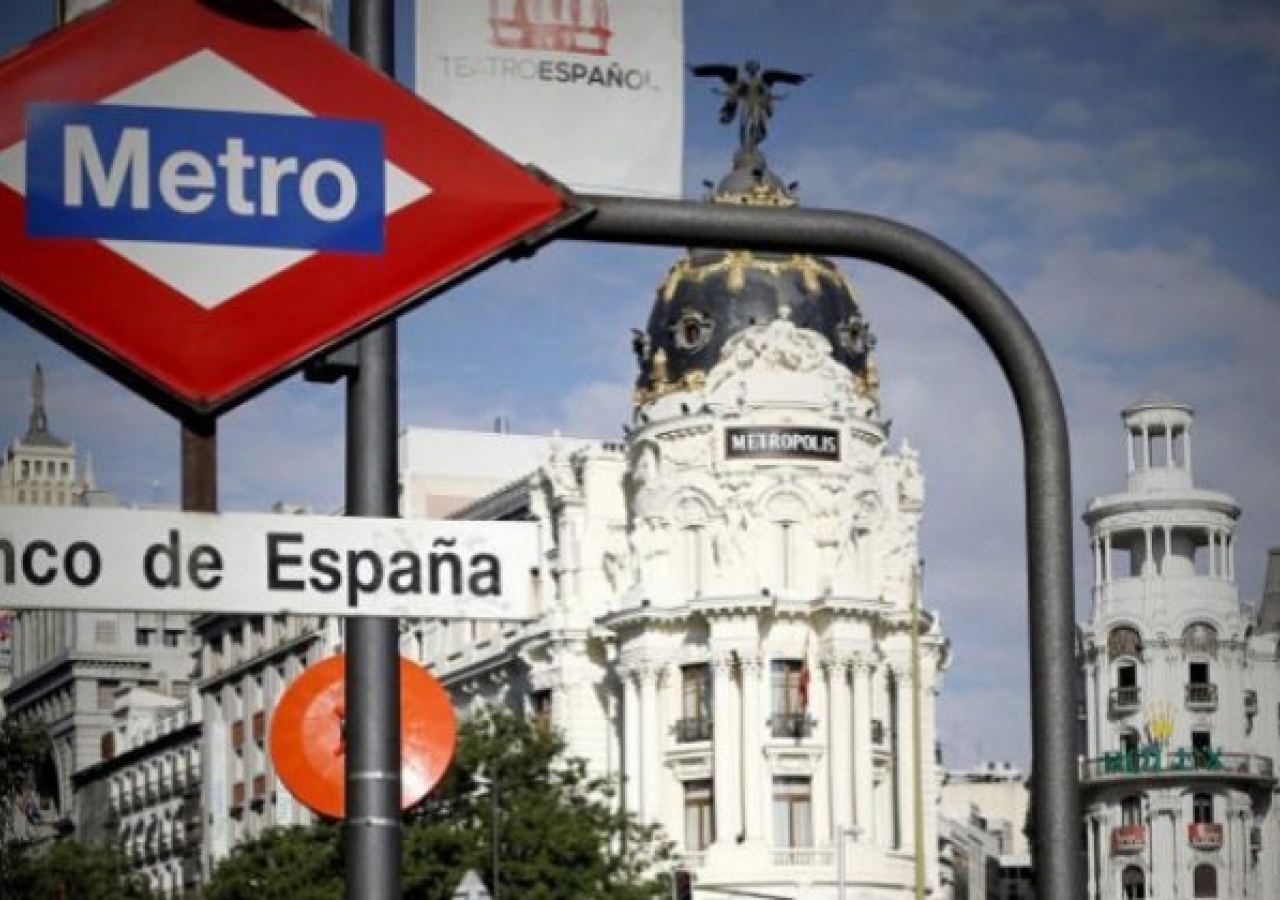The European Commission estimates that the Spanish GDP will grow by 5.6% this year and 7% the following year. The recovery of international tourism, mild this year and stronger in 2022, is one of the elements that will allow this upturn. Likewise, the Bank of Spain has provided data along the same lines. The institution has raised its growth forecast for the Spanish economy to 6.2% for this year, - two tenths of a percentage point above the 6% forecasted in its previous estimates in March-, and predicts that it will increase to 5.8% in 2022, five tenths of a percentage point more than the previous forecast. For 2023, it indicates a growth of 1.8%, one tenth of a percentage point more.
However, both for Spain and the euro area, these positive figures depend on the process of vaccination and the gradual lifting of the current containment measures. In this regard, as of 9th June, Spain is one of the countries that is vaccinating its population the fastest. According to Our World Data, Spain is already vaccinating faster than France, the United Kingdom and the United States with an average seven-day rate of 1.05 doses delivered per 100 people. According to the Spanish government, vaccination data are on track to reach 70% of the population immunised as planned by the end of the summer.
This is partly explained by Spanish society's confidence in vaccines. According to the European Parliament's Eurobarometer survey, more than half of Spaniards (55%) are willing to receive the vaccine “as soon as possible” or are already vaccinated. Another 20% expect to receive it in 2021, while a very similar percentage (17%) is in favour of waiting and receiving the drug “later” than that date. In contrast, 6% of the population is opposed to the administration of the drug. These data place Spain as the ninth European country with the highest level of confidence in vaccines against the virus, above the EU average.
European funding
Another key factor to take into account regarding Spain's potential economic growth is European funds. Spain will receive 70 billion euros in non-refundable aid and 70 billion euros in loans. In this way, Spain will be the second country to benefit most from the Next Generation EU funds after Italy, which will receive 191.5 billion euros in aid and loans if it receives the go-ahead from Brussels in the next few days. However, Spain will receive the larger amount of funds in 2021, with 19 billion euros, and will also be the country that benefits the most between this year and 2023, with 79.529 billion euros, only to be overtaken by Italy in the period between 2023 and 2026.
These funds will be earmarked for strategic investments for economic recovery. Thus, on 27th April, the Spanish government approved the Recovery, Transformation and Resilience Plan, which outlines the roadmap for the modernisation of the Spanish economy, and includes the investments and reforms to which the European funds will be allocated between 2021 and 2026. The plan has been divided into four main areas, inspired by the 2030 Agenda and the UN Sustainable Development Goals: ecological transition, digital transition, gender equality and social and territorial cohesion.
It is estimated that the implementation of the plan will add around 2 percentage points to GDP growth on average per year in 2021 and 2022, with a medium and long-term impact of 0.4 points per year, which would allow the potential growth of the Spanish economy to exceed 2%. In aggregate terms, the plan could generate around 12 jobs for every million euros invested, giving a total of 840,000 jobs over three years.
Last week, the European Commission (EC) gave its approval to the Spanish plan. The EC's assessment of the Spanish plan was very positive, and it considers that it meets all the parameters that had been set. Specifically, 40% of investments are earmarked for climate objectives, thus exceeding the minimum 37% set; and 28% for digital transformation, also exceeding the targets set here by eight points. According to EC President Ursula von der Leyen “this plan will profoundly transform the Spanish economy, making it greener, more digital and more resilient.” With the EC's approval, the door is now open for the arrival in Spain of the European funds that are set to boost and transform the Spanish economy in the coming years.
Sources:
https://ourworldindata.org/covid-vaccinations
https://ec.europa.eu/spain/files







